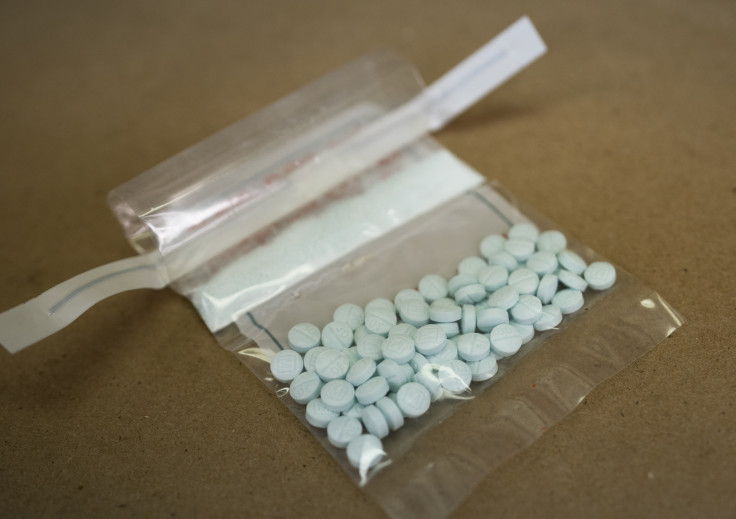
Mexican security forces seized over a ton of fentanyl pills in Sinaloa during the first week of December, marking the largest fentanyl bust in the nation's history. The seizure came just days after U.S. President-elect Donald Trump threatened to impose 25% tariffs on Mexico unless president Claudia Sheinbaum's government ramped up efforts to curb drug trafficking of synthetic opioid crisis, a leading cause of death among young adults in the United States.
A recent New York Times investigation, however, provided a rare glimpse inside a clandestine fentanyl laboratory operated by Mexico's Sinaloa cartel and highlighted the many challenges of combating the issue as, despite an all-out turf war between clashing cartels and intense government pressure, cartels are still doing swift business with the dangerous opioid.
The lab, concealed in a residential area in the heart of Culiacán, Sinaloa's capital, was visited by New York Times reporters and a photographer after months of negotiation and aborted attempts due to ongoing violence in the region. Inside, cooks worked under hazardous conditions, preparing the synthetic opioid in makeshift facilities, despite the toxic fumes that can be lethal with just one sniff. Lab workers wore minimal protective gear, citing a built-up tolerance to the chemicals.
During the visit, the cook in charge demonstrated the production process, mixing chemicals to create the drug, which is later pressed into pills for the U.S. market. The lab's small kitchen was filled with supplies, including acetone, sodium hydroxide, and dye for coloring the pills.
"On a round side table near the doorway, illuminated by a fluorescent lamp, was a pile of white powder that the men told us was finished fentanyl," says the report. "It looked to be more than a pound — most likely enough for more than 200,000 doses. The cook, a 26-year-old with years of experience in drug production, attributed the crisis to demand in the United States, claiming he has made millions of dollars running several drug labs.
"He snorted in disbelief when asked whether pressure from the United States or his own Mexican government would put an end to the fentanyl industrial complex," explains the piece. "This is what makes us rich," he stated, underscoring the entrenched economic reliance on drug trafficking in the region. "Drug trafficking is the main economy here."
As the visit progressed, the report says the lab was abruptly shut down after a tip-off about a nearby military patrol, forcing the crew to quickly dismantle operations and evacuate, a routine that has become increasingly common due to heightened government pressure and cartel infighting.
Mexican President Questions Veracity of Report; NYT Doubles Down
Shortly after the release of the New York Times report, Mexican President Claudia Sheinbaum lashed out at the veracity of the reporting, saying that fentanyl is not produced in the way the Times' photographs demonstrate, and suggesting that the cooks were actually making methamphetamine. In pointing out alleged falsehoods Sheinbaum said that the government was "defending the right to information, to veracity" and committed her administration to "denouncing" inaccurate reporting in the future.
Desmentimos con base científica la supuesta producción de fentanilo en Sinaloa, difundida en nota periodística. Defendemos el derecho a la información. pic.twitter.com/xktVv3lqkA
— Claudia Sheinbaum Pardo (@Claudiashein) January 3, 2025
The Times, however, has since doubled down in solidarity with the piece, saying they "continue to stand behind every aspect of our reporting on fentanyl production and testing," adding that that the role of independent journalism is "to document the world as it is, bringing the truth to light for audiences everywhere."
The New York Times responds to continued criticism about our reporting on fentanyl production in Mexico: https://t.co/GnDBdATZUu pic.twitter.com/3XXj50BXUw
— NYTimes Communications (@NYTimesPR) January 2, 2025
© 2025 Latin Times. All rights reserved. Do not reproduce without permission.






